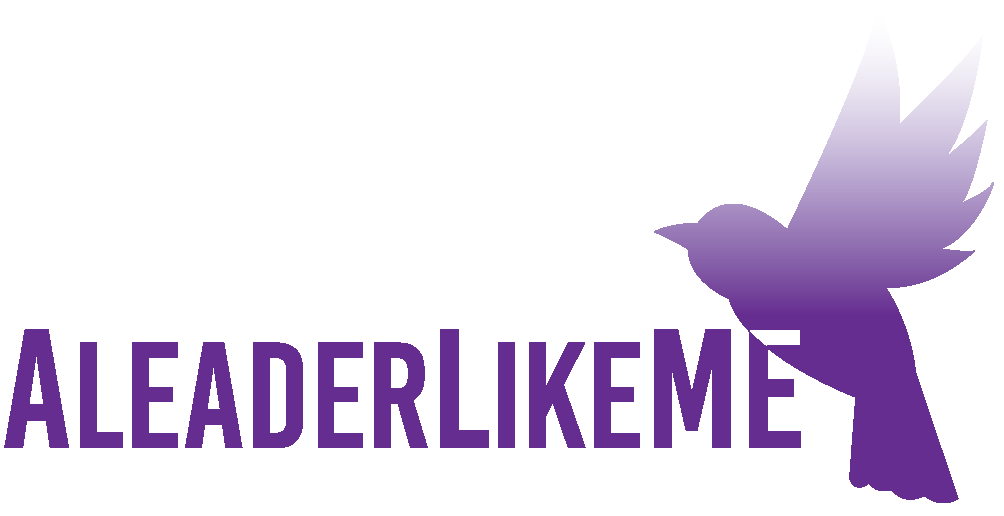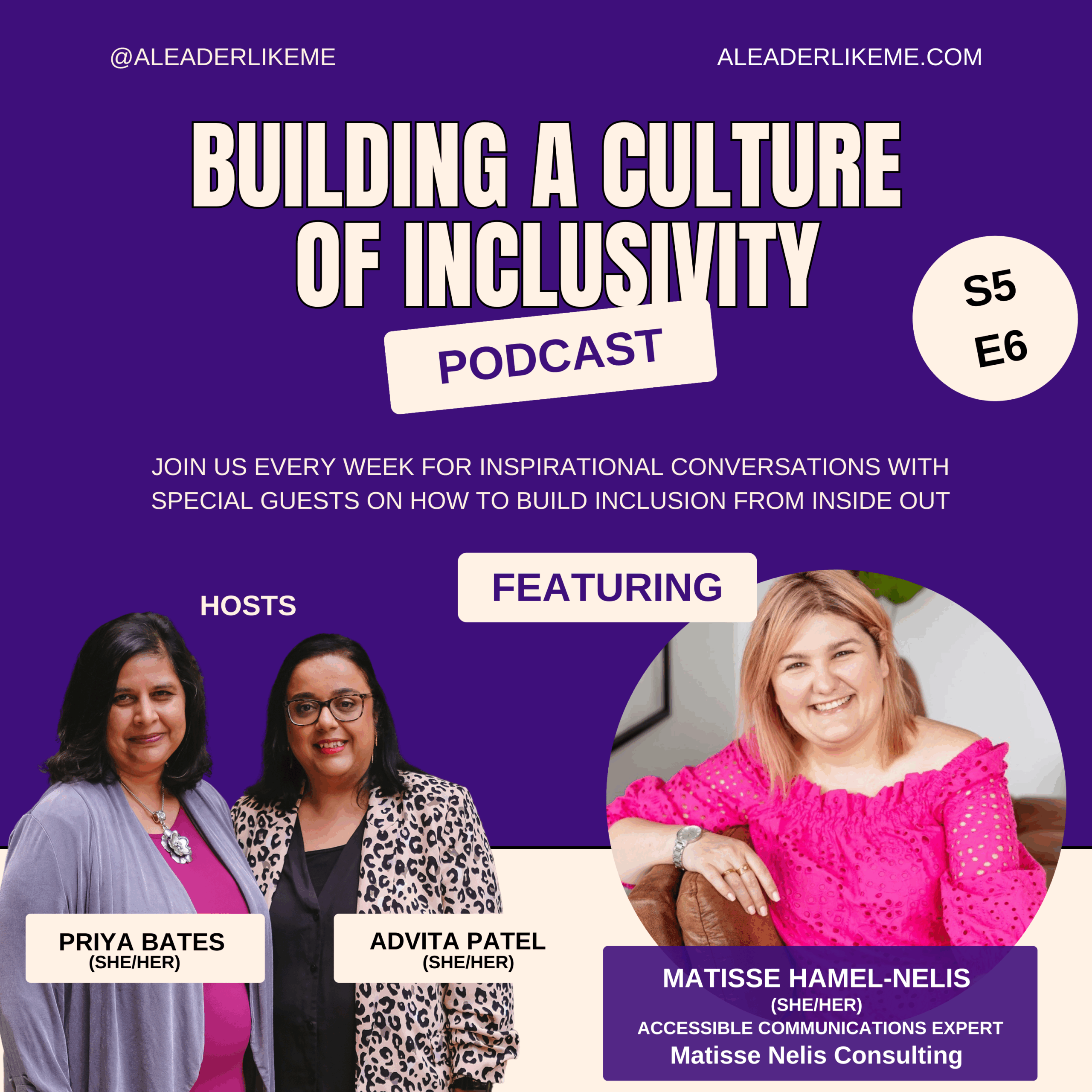What does inclusion really mean at work?
We often hear phrases like “bring your whole self to work” and “we’re like a family here.” But are these well-meaning messages actually doing more harm than good?
In our latest episode of A Leader Like Me, we had the absolute pleasure of speaking with Gabriel Galdamez—purpose-driven internal communicator, community builder, and (yes!) flying trapeze coach. Gabriel brought infectious energy, thoughtful reflection, and a fresh perspective on what it takes to create inclusive, human-centred workplace cultures.
Here are just a few insights that really stood out to us and why we think they matter now more than ever for those of us working in internal comms, DEI, and culture transformation.
Inclusion isn’t one-size-fits-all
Gabriel reminded us that inclusion isn’t about asking people to share every part of themselves. It’s about giving them the choice.
“Inclusion means I’m welcome to show up how I want to show up… and I’m allowed to bring whatever aspect of myself I feel comfortable with.”
Too often, we see inclusion initiatives underpinned by the message “bring your whole self to work.” But that assumes everyone feels psychologically safe to do so. The truth is, many people—especially those from marginalised communities—face risks when they bring all aspects of their identity to the workplace. Inclusion should mean creating a culture where people can share, but never feel pressured to.
Let’s retire the “we’re a family” narrative
This one resonated with both of us. We’ve seen the damage that comes from confusing organisational culture with family dynamics.
“You don’t do performance reviews with your family. You don’t fire your family. We’re not here to recreate family dynamics—we’re here to build effective, connected teams.”
By framing the workplace as a team instead of a family, we can create a healthier foundation—one that values mutual respect, shared purpose, and boundaries. This shift is especially important for building inclusive cultures where everyone understands their role, feels supported, and can thrive.
Inclusion work starts with introspection
One of the most powerful takeaways from our conversation with Gabriel was his invitation to look inward:
“Ask yourself: When was the last time you truly felt included? What created that feeling—and how can you replicate that for others?”
It’s a simple but powerful exercise. Inclusion doesn’t start with strategies or slogans—it starts with self-awareness. As practitioners and leaders, we need to regularly reflect on our own experiences and biases. It’s only when we do the inner work that we can show up more intentionally for others.
Don’t underestimate the global context
Tuning in from the US, Gabriel also reminded us of the wider socio-political challenges facing inclusion work—and how they echo globally.
“There are people in organisations trying to do meaningful work… but they often feel stuck or undervalued. Sometimes they just need external validation—or someone to help them be heard.”
This is where the work of internal communications, inclusion, and leadership really comes together. It’s not just about what we say—it’s about how we listen, how we design systems, and how we support those driving change from within.
What excites us most
We were thrilled when Gabriel described joining A Leader Like Me as “like joining the Avengers.” And honestly? We feel the same way. The work we do is grounded in purpose, but also powered by people—people like Gabriel, who are deeply committed to helping others feel seen, safe, and supported at work.
This episode is a brilliant reminder of why inclusive culture change doesn’t happen in a single workshop or campaign. It happens every day, in the moments where people feel valued and empowered to do their best work.
Listen now:
S5 EP3 – Why joy, curiosity, and connection are key ingredients for thriving workplace cultures
And if you’re looking for practical support in building inclusive, confident workplace cultures, visit www.aleaderlikeme.com. We’d love to support your journey.
By Advita Patel & Priya Bates




